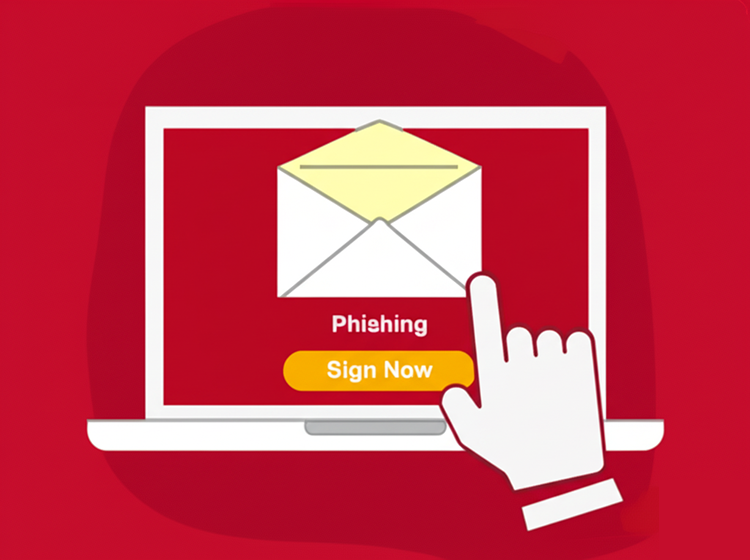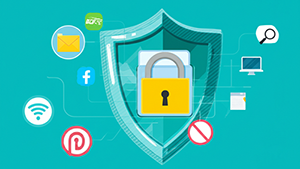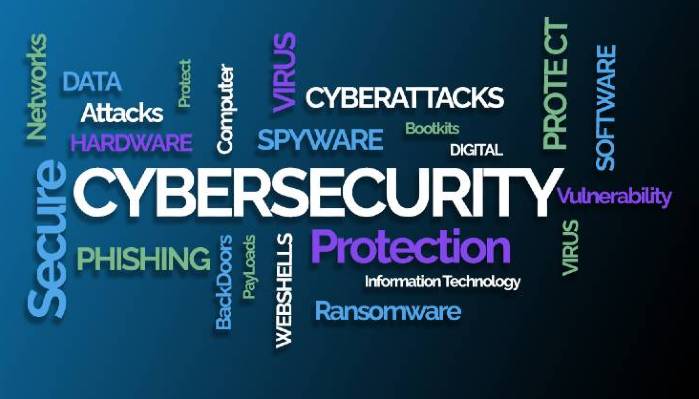Understanding Cybersecurity: Your Digital Shield
In our increasingly connected world, where almost every aspect of our lives, from banking to socializing, happens online, cybersecurity has become incredibly important. Simply put, cybersecurity is the practice of protecting your digital devices, networks, and data from harm. Think of it like a digital shield guarding your online life from malicious actors.
Why Is Cybersecurity Important for Everyone?
You might think cybersecurity is only for big companies or governments, but it’s crucial for individuals too! Every time you go online, you’re exposed to potential risks. Cybersecurity helps to:
- Protect your personal information: This includes things like your name, address, bank details, and even your photos. Without proper cybersecurity, this information could be stolen, leading to identity theft or financial fraud.
- Prevent financial losses: Cybercriminals often target individuals to steal money through various scams or by gaining access to bank accounts.
- Safeguard your devices: Your computer, phone, and tablet can become infected with malicious software, making them unusable or allowing criminals to spy on you.
- Maintain your privacy: Cybersecurity ensures that what you do online remains private and isn’t accessed or shared without your permission.
Common Cyber Threats You Should Know About
Cyber threats come in many forms, but here are some common ones to be aware of:
- Malware: This is a general term for malicious software designed to harm your devices or steal your data. Types of malwares include:
- Viruses: Like biological viruses, they attach to legitimate programs and spread when those programs are run.
- Ransomware: This type of malware locks you out of your computer or encrypts your files, demanding a “ransom” payment to restore access.
- Trojans: These are disguised as legitimate software but secretly carry out harmful actions once installed.
- Phishing: This is a trick where cybercriminals try to deceive you into giving up sensitive information (like passwords or bank details) by pretending to be a trustworthy entity, such as your bank or a popular online service. They often use fake emails or websites.
- Identity Theft: This occurs when someone steals your personal information to impersonate you, often to commit fraud or open new accounts in your name.
- Public Wi-Fi Risks: Using unsecured public Wi-Fi networks can be risky because others on the same network might be able to intercept your data, including sensitive information you’re sending or receiving.
Simple Steps to Boost Your Cybersecurity
You don’t need to be a tech expert to protect yourself online. Here are some basic, yet effective, steps:
- Use Strong, Unique Passwords: Create passwords that are long and complex, combining uppercase and lowercase letters, numbers, and symbols. Even better, use a different password for each of your online accounts. Consider using a password manager to help you keep track of them securely.
- Enable Two-Factor Authentication (2FA): This adds an extra layer of security to your accounts. After entering your password, you’ll need to provide a second piece of verification, like a code sent to your phone or a fingerprint scan.
- Keep Your Software Updated: Regularly update your operating system, web browser, and other software. Updates often include critical security fixes that protect against newly discovered vulnerabilities.
- Be Wary of Suspicious Links and Attachments: If an email or message looks odd, even if it seems to be from someone you know, don’t click on links or open attachments. It could be a phishing attempt. Verify with the sender through another method if you’re unsure.




